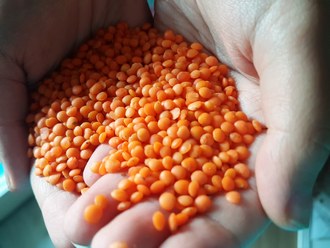Chapter 1 – First thing first: How children sense the taste
The sense of taste importantly influences child´s food choices. Taste is genetically determined and variation in taste genes might relate to the taste likes and dislikes of children and parents. In addition to genes, age and culture also contribute to taste preferences, at times overriding the influence of genetics. Mother and child can be from different taste planets; so if child says food tastes bitter to him, he may be right, even though his mother doesn´t sense it that way. (Monell Chemical Senses Center)
Obese kids have less sensitive taste-buds than kids of normal weight, indicates research published online in the Archives of Disease in Childhood. (British Medical Journal, 2012)
Dr. Mennella a scientist at the Monell Chemical Senses Center in Philadelphia: "Babies are born with the ability to detect sweetness, which is the predominant taste of human milk. The taste of sugar also is a signal that a food has calories and, therefore, nutrition. Between periods of maximal growth, children may be attracted to sugar because it's a signal to the body of energy and salt because it's a signal for minerals. Bitter is a taste signal for poisons. "
Since flavor and taste learning occurs so early in mammals, mothers who eat more fruits and vegetables during pregnancy have children who are more accepting of those foods, research has indicated. (Banotai A., Taste&Flavour Preferences in Children, 2010)

Avoid drinks with added sugar. They represent risk for obesity, caries, high blood sugar, higher blood lipids, cardio-vascular diseases, diabetes type2, osteoporosis ... Sweet soft drinks stimulate sweet taste in later children´s life. Children who are not accustomed to drink water, are complaining if not given soft drinks for thirst. (Prehrana.si).



